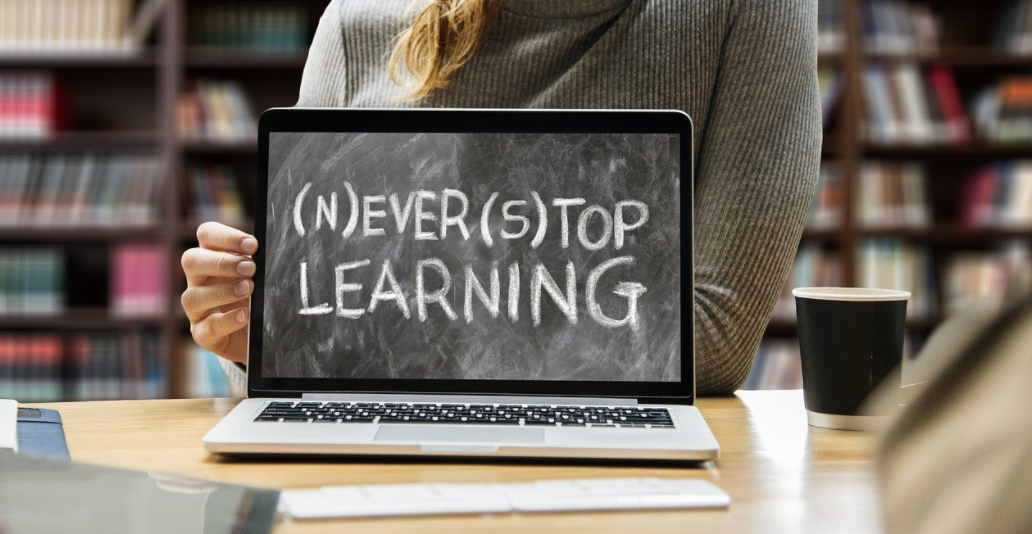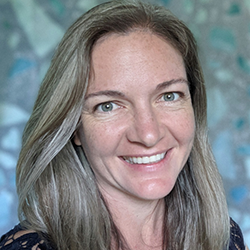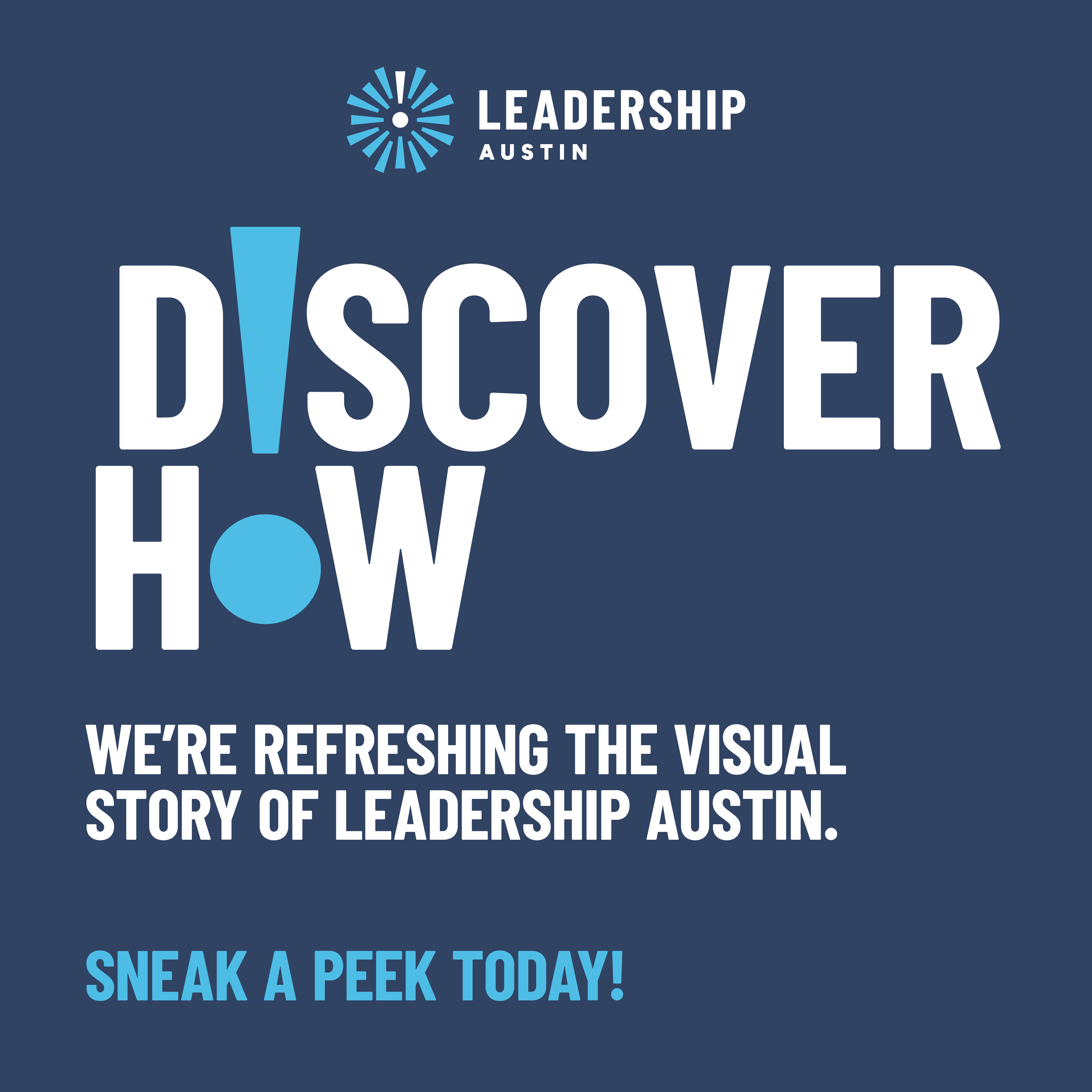
In his essay , “The Purpose of Education,” Dr Martin Luther King, Jr stated, “At this point, I often wonder whether or not education is fulfilling its purpose.” As the granddaughter and daughter of educators devoted to critical thinking and hands-on science, I have found myself asking that throughout my life. At the beginning of our class, Dr. Kevin Foster asked us to take some quiet time to write down our own thoughts on the purpose of education. My classmate, Terence McCrea‘s thoughts spoke to me. The perspective that he shared is that the purpose of education is to:
- Facilitate a collaborative, inquiry-based learning environment
- Give an arena for a student to FAIL…with love and support
- Provide resources and human support so that students can begin self-discovery
- Focus on and prepare for 60 years not 12”
Another classmate, Robin Johnson , shared this video on Adverse Childhood Experiences and that she wants school , “… to resemble a place where justice + equity exists. That all people are seen as themselves.”
When my family was caught in the middle of the 2019 school closure process I made signs for people to fill out that said why they loved Brooke Elementary. At first when I started talking about why I felt the school needed to stay open I would launch into a barrage of equity focused statistics, talk about the school’s academic excellence and curriculum, and the benefits of animal and nature therapy. When I sat down and thought about my deepest personal reason for loving the school family and impacted us most directly I wrote, “I love Brooke because my child feels safe, seen, and loved.”
School systems are places that focus on academic excellence, but in our society they have become so much more then that. They are community-hubs, a source of reliable food, a place to get a warm coat, where people choose to segregate or come together, and a pathway to accessing community programs. They can also be systems that demand conformity or spaces where the curiosity and passion for learning that we are all born with is cultivated. Like all systems it’s all too easy for someone to get lost in them, so finding places within the system where all kids feel seen is worthy of celebration and amplification.
My own formal education background changed from spending time with the teachers who were my Dad’s students in a village in rural Botswana à going to kindergarten in a rural town in East TX that was so small it didn’t even have a traffic light with three colors (we did square dancing in PE & I stayed after school for speech therapy because they couldn’t understand my British accent) à going to public school that’s demographics were primarily black and low socioeconomic à a private Episcopalian school where my Dad taught mainly affluent white kids à a brief stint at a public middle school where my strong willed mind calling out sexist treatment in an industrial technology elective didn’t go over so wellà being homeschooled for most of middle school à the only public high school in our town where we were all in the same building but segregated within the school into technical or college bound wings of the building and those wings had clear but unspoken racial and socioeconomic dividers.
Those transitions were tough, but in hindsight gave me great perspective on the variations that exist within our educational systems and how the expectations and access varies between racial and economic groups.
As an adult I dove into education both as a volunteer and professionally in both the non-profit and government sector. My leadership role and style has evolved in the almost 20 years that I have been emersed in Austin’s education scene. Something that I continue to grapple with as I make decisions every day about how I spend my time is the notion that is a concept that Desmond Tutu championed and that’s carried forward in courses like Undoing Racism, “There comes a point where we need to stop just pulling people out of the river. We need to go upstream and find out why they’re falling in.”
I jumped in at the point of doing what I could to pull kids out of the river while only minimal questioning the systems that had put black and brown, low socioeconomic and special education students at an unfair starting point. I mentored and tutored through Communities in Schools and created programs that would ease the symptoms of what we were seeing. I fully believe that energy was worthwhile, and I hope that it planted the seed of students feeling seen and building their confidence in the world.
Harsh circumstances with a direct impact on my life forced me to broaden my perspective and to start going upstream. Living through the trauma of school closures with our Metz Elementary and Brooke Elementary school families, realizing that I was now not only a special education advocate but also a parent of a child with different special needs, getting to know families of children with special needs who wanted advocates because they needed to focus on meeting their children’s immediate needs, and witnessing unchecked biases impact how my white daughter with parents who know the system is treated versus other students, particularly black and brown special education boys, is heartbreaking and infuriating.
I pivoted away from as doing much programmatic volunteer work and transitioned into advocating for school district staff and elected leaders to take Undoing Racism training, to making the time listen to the community, to helping people find their voice, to building relationships with equity-minded advocates, and to helping everyone understand that they have a place in shaping and supporting education.
I think that we need leaders to focus on modifying our systems so they really do live up to ideals like Austin ISD’s mission statement, “We believe in equity, mutual support and collective responsibility. We also provide choice in educational decisions, which empowers advocacy in students and families to control their school experience.” I believe that there is a strong role that the community plays in informing and guiding those decisions too. I also believe that students are incredible individuals who deserve to feel safe, seen and loved. The optimist in me believes that we have enough collective wisdom and love in our community for some people to focus on immediate needs, some people to focus on systems change and some people to focus on both. We need to welcome anyone who wants to join the conversation and actions to have a seat at the table.
There are so many ways to get involved. Here are a just a few that I try to do or plan on doing in different stages of my life.
“If you want to go fast, go alone. If you want to go far, go together.” ~ African Proverb

Jessica Wilson, Essential 43 – Class 2022
Watershed Protection Manager
City of Austin | Watershed Protection
Jessica was born on the edge of the Kalahari, graduated from high school in rural East TX & moved to Austin in 1999. She combines a global view, nonprofit and government experience to support community centered solutions. She was with Keep Austin Beautiful for 7 years before leading the City of Austin’s Watershed Protection Department’s Community Education team with a focus on youth education, green stormwater infrastructure, community programs & marketing. She has served on leadership committees with topics ranging from public transportation to arts and culture to connecting children to nature. She has received many awards including PODER’s “”Si Se Puede: Individuals that Demonstrate Leadership that is Changing Lives and Transforming Communities”. She holds an honors degree in Humanities with major coursework in natural sciences & geography. She loves to volunteer, pay it forward, try new recipes & support two of the strongest leaders she knows, her 2 and 6 years old daughters.
Words expressed in this blog post do not belong to Leadership Austin. These are the experiences and thoughts of a member of the Essential 43 cohort, where community leaders of diverse backgrounds explore difficult issues impacting our region.

